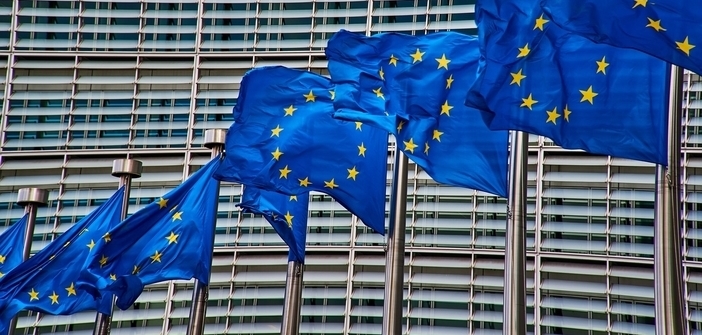This Tuesday, March 26th, the European Parliament brought an end to several years of controversy and debate surrounding the copyright directive. It was adopted with 658 votes in favor, 348 against, and 36 abstentions. Each Member State will need to transpose it within two years.
This directive has generated a lot of ink. For almost three years, two camps have been clashing over the thorny issue of copyright in the digital age. Let’s first go back to the root of the discord. The text proposes the modification of the old copyright directive in order to adapt it to new digital practices and to allow for greater transparency regarding the exploitation of works on the internet.
It notably provides for the facilitation of granting licenses by authors to certain online service providers, and consequently, fairer compensation for content creators from platforms (Google, Facebook, YouTube, etc.). Additionally, one particular article requires these hosts to more effectively monitor and, if necessary, prevent publications that use protected works. These points, in particular, have irked defenders of a free internet as well as tech giants (GAFA). There is a perception of censorship, while on the other side, press publishers and artists see it as better recognition of their creations.
“Member States shall ensure that authors, performers, and musicians receive, regularly and taking into account the specificities of each sector, appropriate and sufficient information, in a timely manner, about the exploitation of their works and performances from those to whom they have assigned or licensed their rights, particularly regarding modes of exploitation, generated revenues, and due remuneration,” stipulates Article 14 of the directive. Depending on the revenues generated by the exploitation of a work, creators may also request additional remuneration when the initial one becomes very low in comparison to the profits.
The other sections of this text concern the circulation of cultural heritage within the European Union, aiming to simplify the procedures for consulting and retrieving works, studies, or artistic creations from other European countries. This, of course, involves exceptions granted to certain sectors (scientific research, school education) under specific conditions. This series of modifications will allow for freer access to the various heritages of European states in a logic of knowledge sharing enabled by the power of digital tools. All of this adapts current legal barriers and ensures healthier exchanges between the involved parties.
Julia Reda, a Member of the German Pirate Party, vehemently criticized the adoption of this directive, declaring on Twitter that it marked a “black day for internet freedom.”
In Europe, artistic creation represents 536 billion euros and more than 7 million jobs. It’s easy to understand why everyone wants a piece of the pie.


